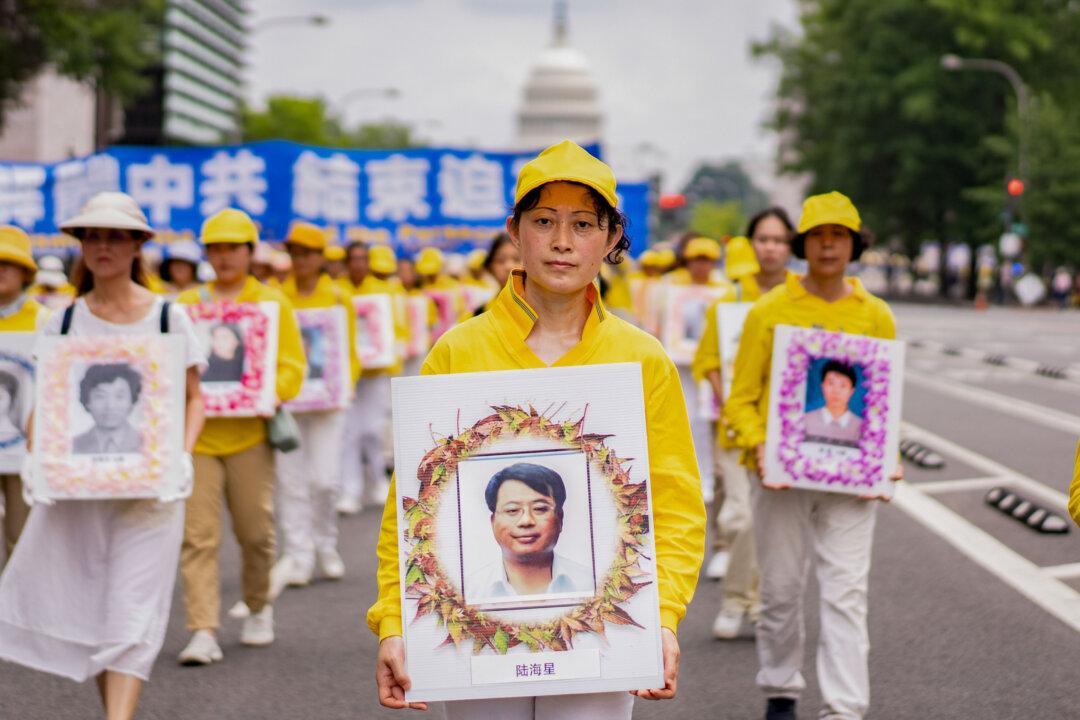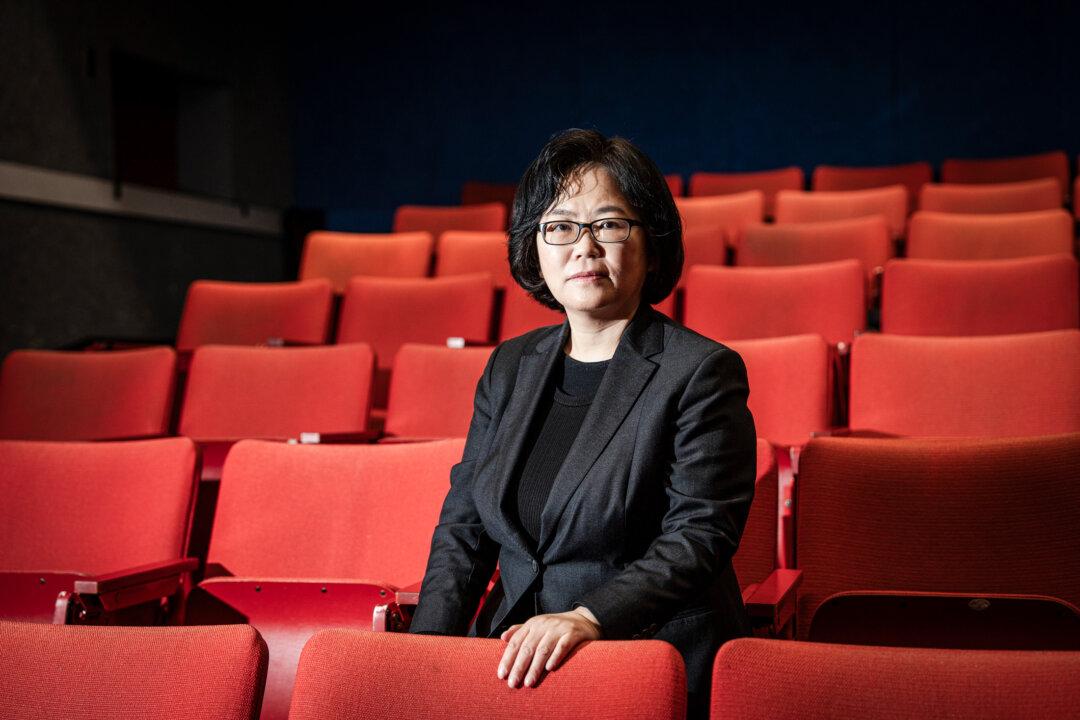Chinese leader Xi Jinping on Oct. 4 said the regime was open to talks about state subsidies to domestic industrial firms—a practice that has become a sticking point in U.S.-China trade relations.
In virtual remarks at the opening of the China International Import Expo in Shanghai, Xi said China will keep an “active and open attitude“ to negotiations over topics such as digital economy, trade and environment, industrial subsidies, and state-owned companies.
China will support multilateral trade system centered around the World Trade Organization (WTO), he said, adding that the system has come under “a number of challenges.”
“Openness is a distinct characteristic of contemporary China,” Xi said in the speech on Thursday evening.
Senior U.S. officials have repeatedly described Beijing’s massive state subsidies as an unfair economic practice that gives Chinese companies a significant advantage over other firms on the international market.

Tai also supported tools aimed at targeting subsidized Chinese investment in steel production in Southeast Asia through Beijing’s massive infrastructure project, the Belt and Road Initiative.
Wang Shouwen, vice minister of China’s Ministry of Commerce, has recently called for the removal of “enormous” farm subsidies in some developed countries as part of Beijing’s push for WTO reform, even as Beijing faces long-standing complaints from other WTO members about its own agricultural support policies.
Treasury Secretary Janet Yellen on Oct. 1 said that the United States is waiting on China to meet its $200 billion purchasing commitments under the phase-one trade agreement, but considers a reciprocal lowering of tariffs as a “desirable outcome” to help ease domestic inflation, which is now running at a 30-year high.
China has applied to join the Comprehensive and Progressive Agreement for Trans-Pacific Partnership (CPTPP) to boost its economic clout. Wang, the commerce minister, on Monday also requested to join Digital Economy Partnership Agreement, a partnership between New Zealand, Chile, and Singapore promoting digital trade.





